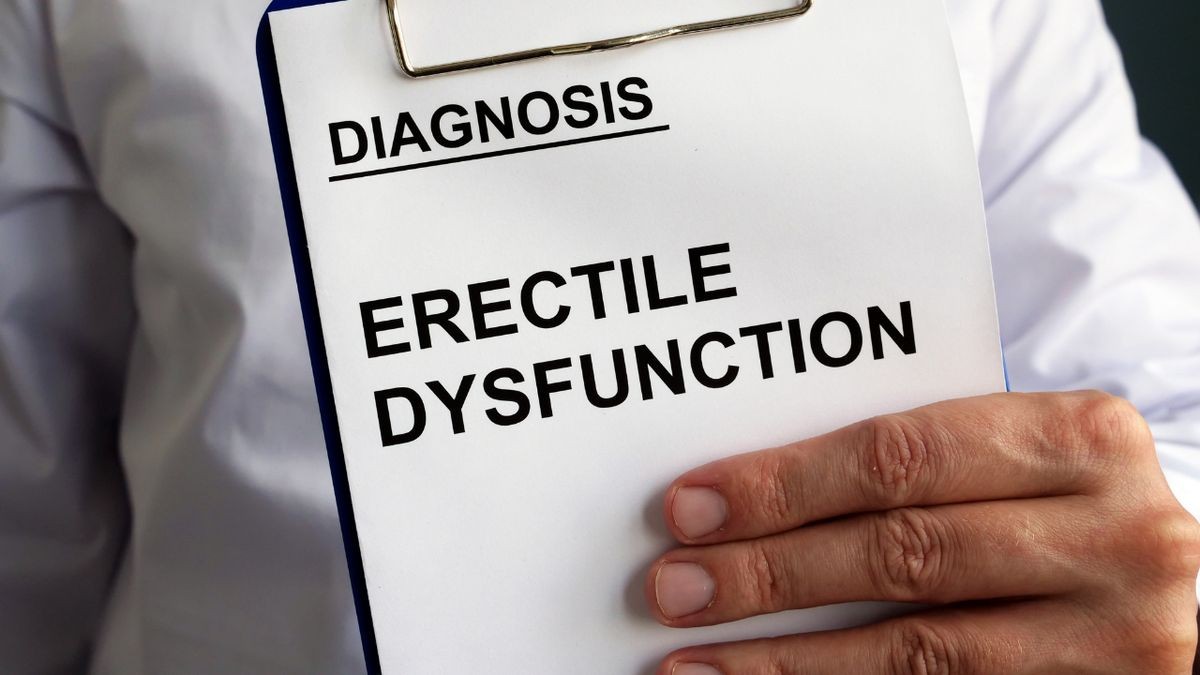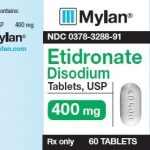
Contents
- 1 Fixing Erectile Dysfunction at 50:
- 1.0.1 Causes of Erectile Dysfunction:
- 1.0.2 Effective Lifestyle Changes:
- 1.0.3 When to Seek Psychological Help:
- 1.0.4 Medical Treatment for Erectile Dysfunction:
- 1.0.5 Mechanical Treatments for Erectile Dysfunction:
- 1.0.6 Surgical Options for Erectile Dysfunction:
- 1.0.7 Natural Remedies for Erectile Dysfunction:
- 1.0.8 When to Consult a Doctor:
Fixing Erectile Dysfunction at 50:
Age doesn’t have to mean erectile dysfunction. There are ways to address this issue without sacrificing a satisfying sex life. Consider lifestyle changes, psychological support, medical or mechanical treatments, or even surgery.
Effective treatment for erectile dysfunction (ED) depends on identifying the underlying cause. Fortunately, there are medical and mechanical options to achieve erections when desired, serving as long-term solutions when no specific cause can be identified or treated.
While ED is not an expected part of aging, the likelihood does increase with age. By the time you reach 50, there’s at least a 50% chance you’ve experienced ED. In fact, over 50% of men between 40 and 70 report some degree of erectile dysfunction.
Several factors contribute to this, including age-related testosterone decline. Starting around age 30, testosterone levels decrease at a rate of approximately 1% per year, impacting sexual drive.
Additionally, the risk of developing ED as a side effect of other diseases increases with age. If you experience ED at 50, it’s crucial to consult your doctor promptly to address any potential serious underlying conditions.
Remember, some men can maintain a healthy sex life well into their eighties without experiencing sustained ED. Don’t accept ED as an inevitable part of aging; seek medical assistance.
Causes of Erectile Dysfunction:
Erectile dysfunction has both physical and psychological causes. Physical causes may include medical conditions, certain medications, and lifestyle factors.
Psychological causes can arise at any time and can be influenced by a variety of issues, such as depression, anxiety, work-related stress, home life stress, guilt, fear of intimacy, performance anxiety, and low self-esteem.
Medical conditions that may contribute to ED include atherosclerosis (hardening and blockage of blood vessels), type 2 diabetes, heart disease, chronic kidney disease, cancer treatments near the genitals (e.g., surgery and radiation for prostate, colorectal, and bladder cancer), multiple sclerosis, Peyronie’s disease, and genital or nearby body part injuries.
ED can also be a side effect of certain medications, such as antiandrogens (prostate cancer treatment), high blood pressure medications, antidepressants, sedatives, ulcer medications, and appetite suppressants.
An unhealthy lifestyle can also contribute to ED. Risk factors include smoking, drug use (recreational or prescription), excessive alcohol consumption, obesity, and lack of physical exercise.
Effective Lifestyle Changes:
Promote erectile function by adopting a healthy lifestyle. Maintain a balanced diet, engage in regular exercise, and avoid unhealthy habits like smoking, excessive drinking, and drug use.
These simple changes can potentially cure ED, especially if no severe underlying condition is present.
When to Seek Psychological Help:
Counseling or therapy is beneficial for addressing the psychological causes of ED. It helps manage worries, stress, and associated issues that may disrupt your sex life. Therapy can be effective even when ED has physical origins, helping individuals process complex emotions.
Medical Treatment for Erectile Dysfunction:
Both oral and self-injected medications are available to facilitate erections. These medications should be administered shortly before sexual activity.
Oral options, known as phosphodiester inhibitors, modify smooth muscles and are effective in 65% to 70% of individuals with ED. Some common examples include:
If these medications prove ineffective, alprostadil can be an alternative. It can be inserted into the urethra or injected into the penis before intercourse.
It’s important to seek medical assistance if you experience any negative side effects from these medications, such as prolonged erections lasting over four hours.
Mechanical Treatments for Erectile Dysfunction:
Mechanical solutions are safe for individuals of all ages. These include vacuum devices that use suction to draw blood into the penis and elastic rings that help maintain erections by preventing premature blood flow out of the penis.
Surgical Options for Erectile Dysfunction:
Surgery may be considered if other treatments fail. Unlike medical and mechanical methods, surgery offers a permanent solution. It involves the implantation of a penile prosthesis, eliminating the reliance on natural biological systems for achieving erections. Prosthetics typically consist of semi-rigid silicone rods or inflatable devices filled with saline from multiple chambers.
The risk of infection or malfunction after surgery is less than 5%. Moreover, over 95% of couples who have opted for this solution report success and satisfaction. The average recovery period is approximately eight weeks.
Natural Remedies for Erectile Dysfunction:
Various products claim to be natural remedies for ED, but none are FDA-approved. Limited scientific research has been conducted on a few substances, yielding preliminary and largely inconclusive data. Ginseng is the only substance showing some efficacy, albeit only in selected scientific trials. Saffron and T. terrestris have not demonstrated definitive effects.
Prior to trying any natural remedies, consult your doctor as some may interact adversely with other medications. The FDA has issued warnings about unregulated "natural" products containing untested amounts of ingredients found in regulated medications like Viagra.
When to Consult a Doctor:
Consult a doctor whenever ED becomes frequent or affects your quality of life. Some causes of ED can be life-threatening if left untreated. Remember, a fulfilling sex life is possible at any age, and seeking medical help is essential for restoring and maintaining sexual well-being.
Sources: American Urological Association, Cleveland Clinic, Drugs, European Urology Focus, Merck Manual Professional Version, National Institute of Diabetes and Digestive and Kidney Diseases, Urology Care Foundation.


